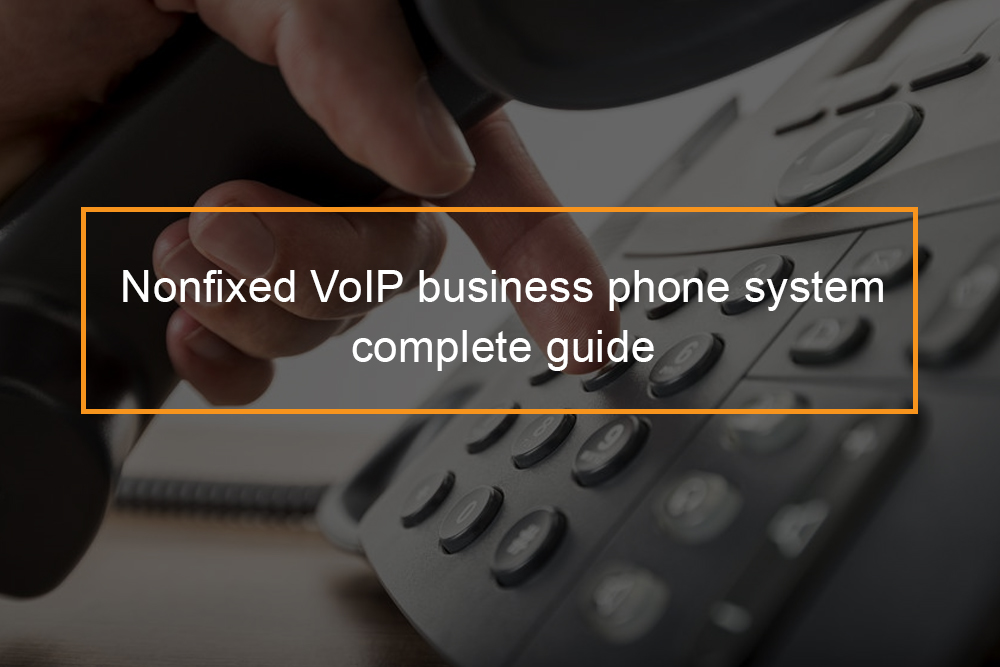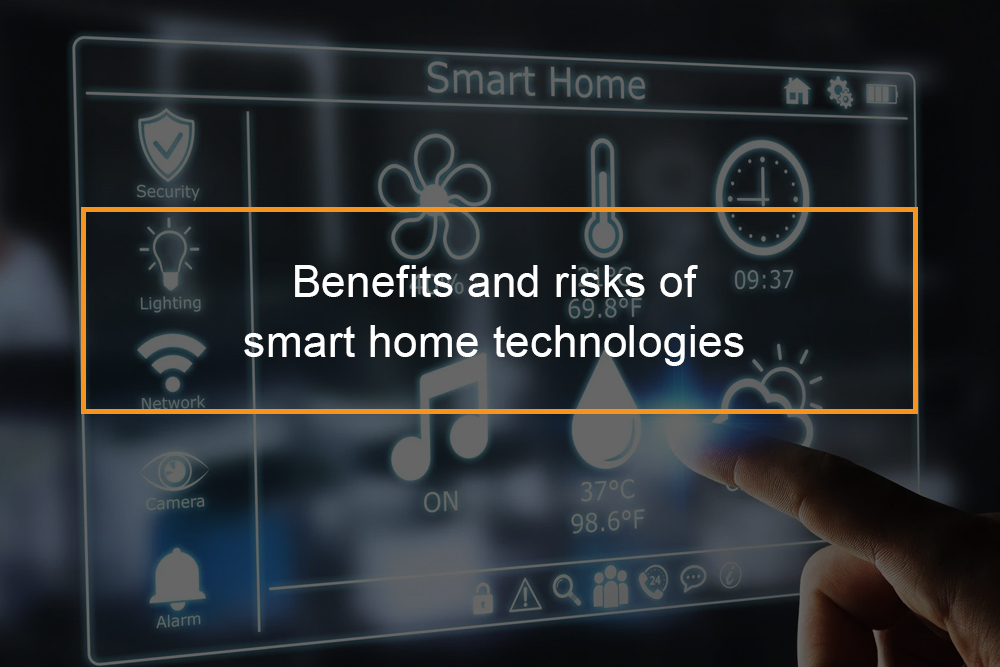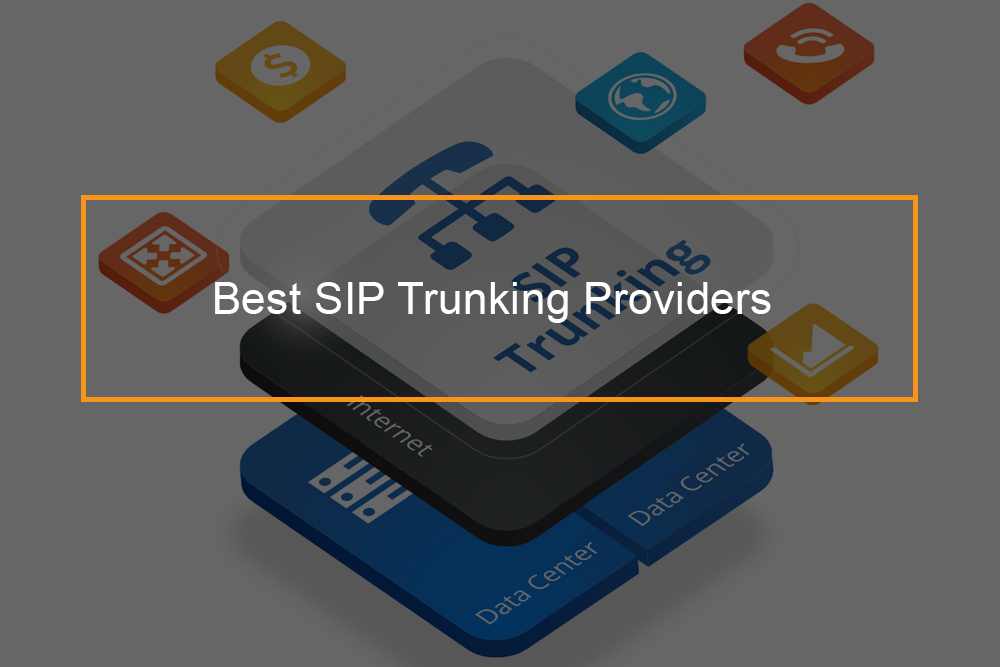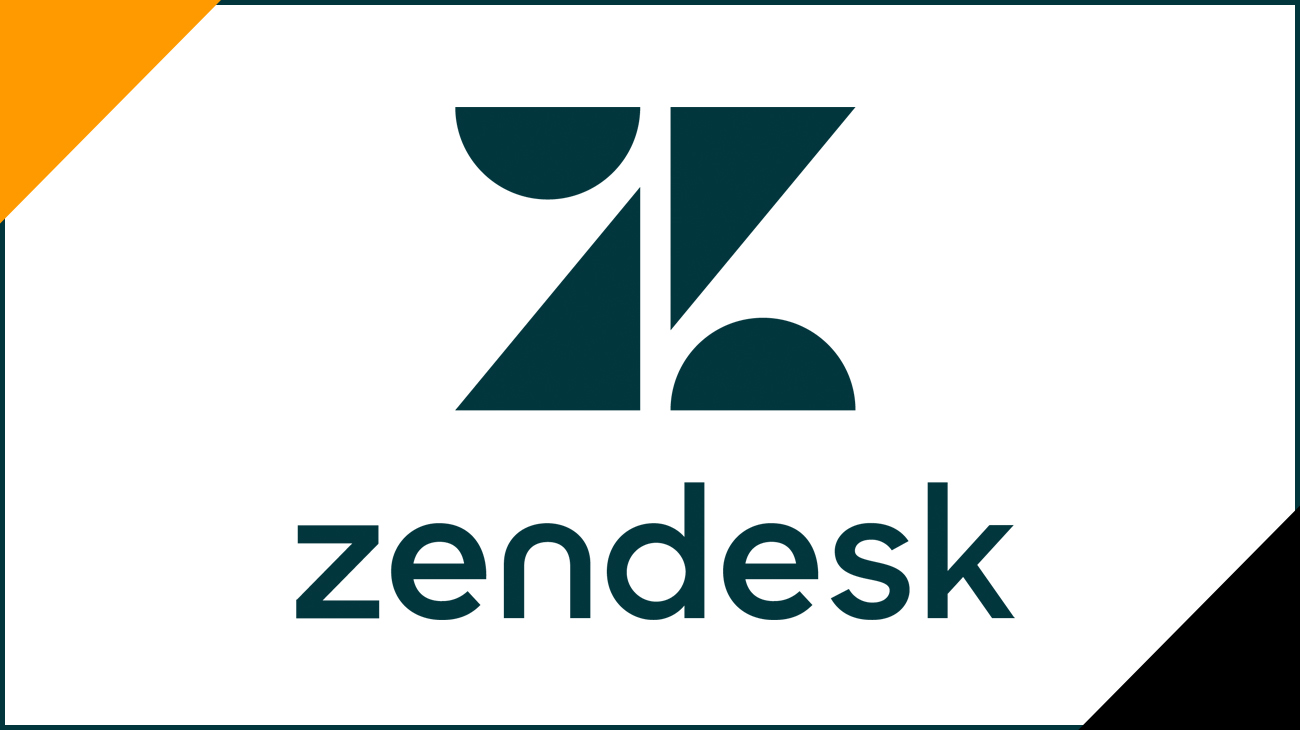Main uses of VoIP phone system technology
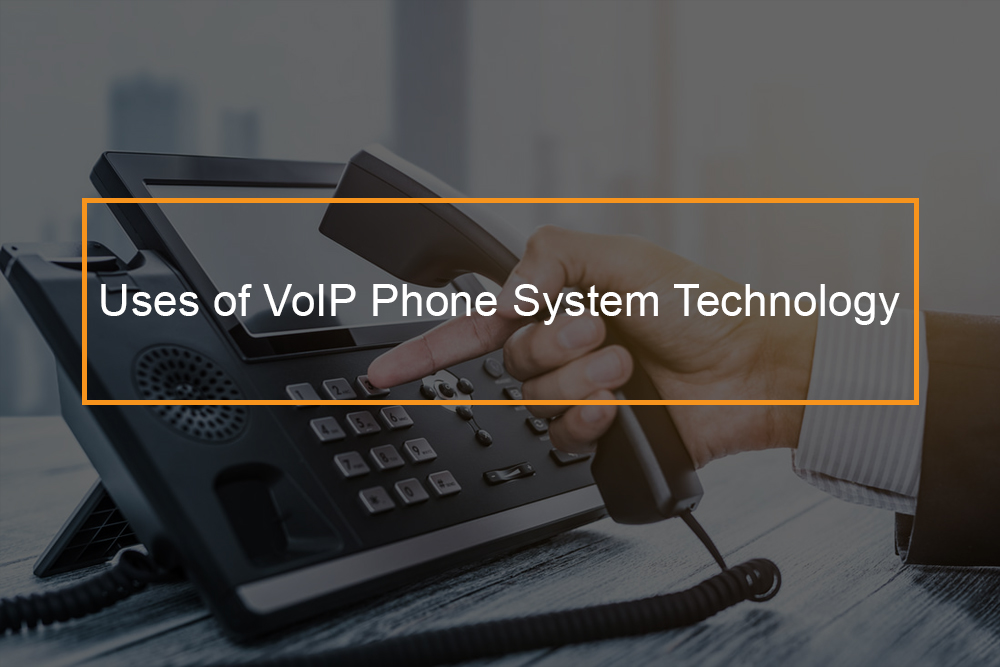 VoIP is a set of software and hardware that allows people to use the internet as the transmission medium for telephone calls. It sends voice data in packets using IP instead of analog circuit transmissions of the PSTN.
VoIP is a set of software and hardware that allows people to use the internet as the transmission medium for telephone calls. It sends voice data in packets using IP instead of analog circuit transmissions of the PSTN.
VoIP is an abbreviation for Voice over Internet protocol and is also known as Voice over IP. The main advantage of VoIP phone system is that the telephone calls through the internet and do not cost a surcharge beyond what the user is paying for internet access. Besides the VoIP user does not pay for sending individual internet.
Today, it appears like VoIP services are answering many, if not all, of the primary communication, needs organization need from telephone systems. As it turns out, there are many possible benefits of switching to a VoIP phone system. In this feature, we will look at the main uses of VoIP and the potential benefits.
What are VoIP phones used for?
What is the purpose oF VoIP?
VoIP is an advanced phone service technology that uses the internet to make calls. In case you have fast internet connectivity, you can place calls with VOIP phones at a reasonable price rate around the globe. VoIP has brought revolutionary transformation in the field of communication. From smart homes to the corporate office, VoIP system is being used widely.
Main uses of VoIP phones
-
VOIP software solution uses
The VoIP software application allows you to make calls to anybody around the globe for free in case your device is capable of running the software well. VoIP software applications are easy to use. You can implement and use them in your daily activities or professional interactions efficiently. An example of a software application of VoIP is Skype.
The VoIP software application is suitable for people who stay at home, startup business, and budding entrepreneur. For more advanced solutions, one can use self-hosted VoIP and pick hosted.
-
Main uses of hosted VoIP technology
Hosted VoIP technology is used by people who need advanced VoIP solution as compared to VoIP software solution. A third-party VoIP service provider handles everything associated with a hosted VoIP solution; the user does not have to worry about installation and call delivery procedure. With hosted VoIP technology, all the relevant calls are routed to you by the service provider.
This solution increases business productivity since the business owner does need to think about anything else about the solution.
-
Uses of self-hosted VoIP
Self-hosted VoIP solution is mainly used by large business sectors who have strong manpower and resources. For this solution, you have to install the system and maintain the call delivery procedure. This is simple, especially if you have domain skills in VoIP technology. Installation of a private branch network is required for you to route the calls to many phones within your system. PSTN gateway is also needed sometimes to change the analog signals into digital signals. Regular maintenance is required according to the complexity and the scale of the VoIP system.
What are the advantages and disadvantages of VoIP?
VoIP advantages and disadvantages
While VoIP technology has many benefits, it also has its share of disadvantages. Advantages include greater scalability of systems and saving business communication costs. The main disadvantage of VoIP phones is a reliable internet connection with high bandwidth availability. Below is a discussion of the advantages and disadvantages of VoIP phones.
Advantages of VoIP phones
-
VoIP saves cost
The cost for setup and running a VoIP system is less than a more analog phone system. As VoIP works off your internet connection, it is not necessary for you to have a traditional phone line. This indicates that you only require to deal with one bill, one account, for both phone and internet.
Calls from a computer to another over the internet are free. Usually, calls from PC to landline have a cost attached, but charges are significantly less compared to a traditional phone line.
-
VoIP is accessible
Distance or location do not affect a VoIP system. You can call your head office on the other side of the country or make a call to any part of the globe as long as you both have a good internet connection, communication is possible.
If you travel frequently or you are usually away from the office most of the time and wish to remain connected, you can do so at a reasonable cost. VoIP is more convenient than a traditional phone line.
-
VoIP has the versatility of features
Using VoIP phone systems enables you to multitask with the most tech-savvy devices allowing you to be more productive. For example, if you are on call within a queue, while you are waiting, you can strategize your approach to customer calls you have missed.
In another scenario, you can forward messages and voicemail easily. In case you receive an essential message in a voicemail, you can forward voicemail to three other people at the click of a mouse. Such features and more useful ones are accessible with VoIP phone systems. And since the service always goes with you, the features you find helpful can be added or subtracted with ease. Generally, VoIP telephone systems grow with your business.
-
VoIP offers simple conference calls
Since all calls use a converged data network rather than dedicated phone lines, building and participating in conference calls are made much easier.
You can take part in conference calls in case your business uses an analog phone system. However, you will find that you will have to pay for an additional service to host many callers for a conference. These services are native to most VoIP phone systems. Rather than paying for something extra, you can take advantage of the ability to make conference calls as an added advantage to the service you already paid for.
Disadvantages of VoIP phones
-
You must have an internet connection
You cannot use a VoIP phone system unless you have a reliable internet connection with enough bandwidth.
-
VoIP is affected by power outages and emergencies
In case you use a VoIP network, and there is a power outage, you will automatically lose internet connection, so you no longer have access to your phone system. Whereas this might be minor irritation in case it happens, it can be the main problem, especially if the power is out for a more extended period.
Emergency services can find it challenging to track calls to a VoIP system. For these reasons, most businesses will maintain at least one traditional phone line to maintain communications in power outages and emergencies.
-
Latency of calls
Because of bandwidth requirements, some calls may appear to lag or disappear altogether. The packets of information need time to reorganize so that an effective call can be made. The latency of calls is becoming less of a problem as newer, more complicated data algorithms come in use.
What is VoIP and how does it work?
How does VoIP work?
Voice over Internet Protocol is a technology that enables you to make voice calls by utilizing a broadband internet connection instead of a regular phone line. Some VoIP services may only let you call other people using the same service, but others may enable you to call anyone who has a telephone number- including mobile, local, international, and long-distance numbers. Also, whereas some VoIP services only work over your PC or a particular VoIP phone, other services enable you to use a traditional phone connected to a VoIP adapter.
VoIP services work by converting your voice into a digital signal that transmits over the internet. In case you are calling a regular phone number, the signal is changed to a regular telephone signal before it reaches the destination. VoIP can enable you to place a call directly from a PC, a special VoIP phone, or an analog phone connected to a special adapter.


